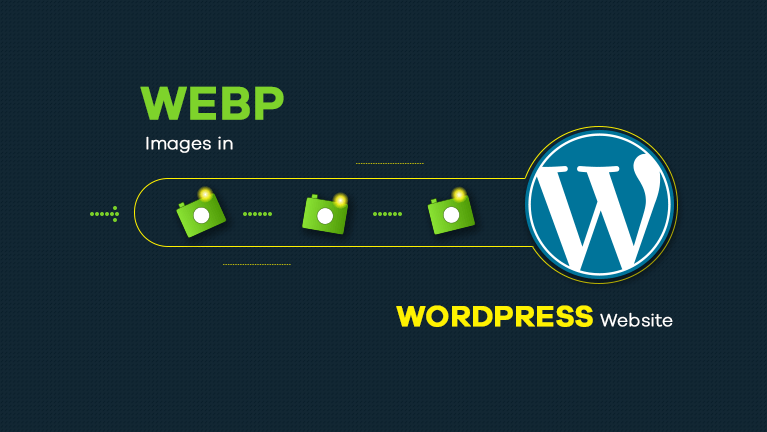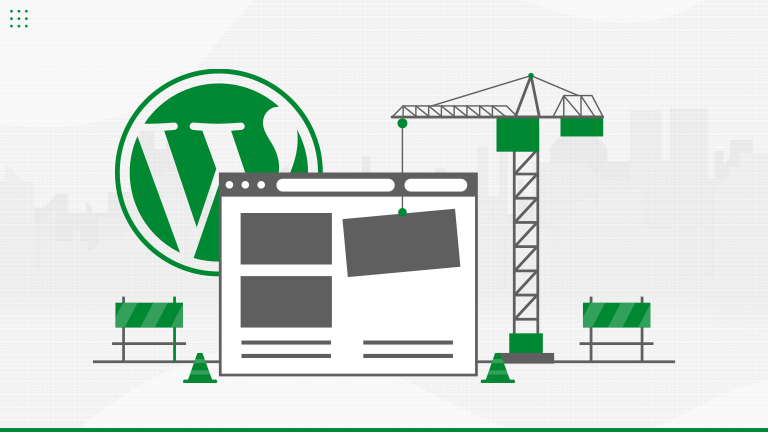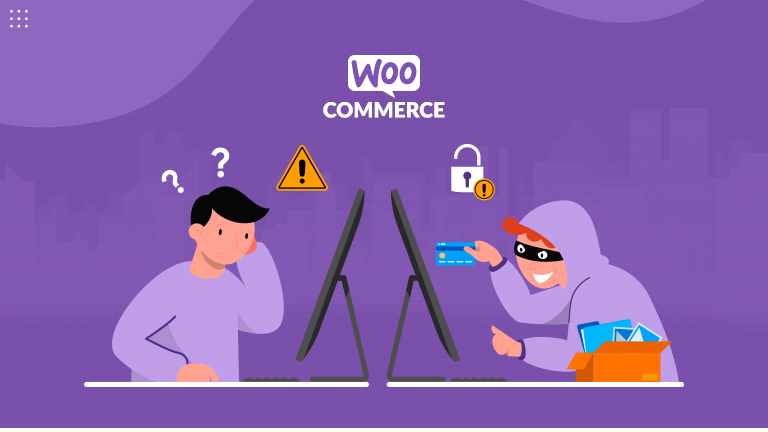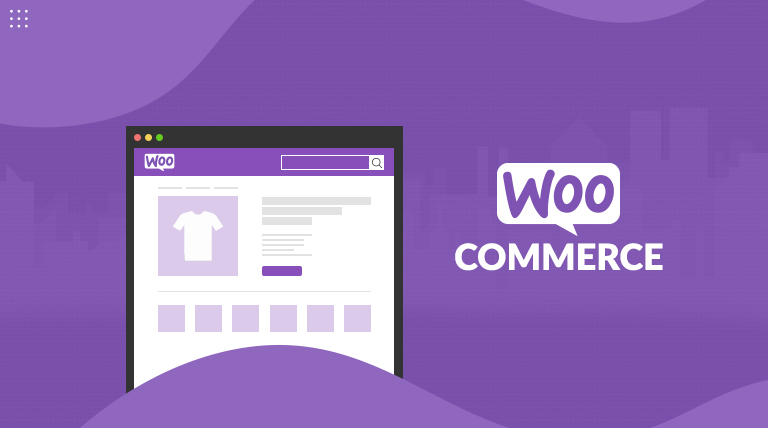Let’s Talk About Data Liberation Learn more

40+ Certified Experts

Hassle-Free Project Delivered

Security & Integrity

Wordpress Core Contributors

Finding ways to boost your WordPress website speed? You might check for website speed tools. And found your images are taken quite a space in your WordPress website. Our WordPress website development experience says the same. Well, if you have tried enough by playing with JPEG (JPG) to PNG or reverse, we have a solution for you called WordPress WebP Images.
In this article, we’ll dig further into WebP images and also know how to use it for your WordPress websites. Let’s start with the explanation of WebP images.
What is WordPress WebP Images? Know in detail
WebP images are an advanced image format, designed by Google in 2010. The purpose behind it is to reduce image size without losing its looks and quality. The web performance team of Google developed it as a replacement while supporting good transparency, compression, and animations.
WebP supports both lossy and lossless compression methods. It depends on whether you are using lossy or lossless compression.
- WebP Lossy compression uses predictive coding to encode an image.
- WebP Lossless compression uses already seen image fragments to reconstruct new pixels.
With this extremely light-weighted format, you’ll get rich image quality with less bandwidth.
WordPress WebP images transform JPEG images, which is 25-34% smaller in size and 26% for PNG. However, the images’ looks & quality remain the same. When you load theme images on your website, it boosts time speed without breaking visibility.
The Web Browser Supports WordPress WebP Images
WebP images need visitor web browser support to work. But all search browsers don’t support WebP images. According to Can I use, 79.2% of browsers support the WordPress WebP images.
However, popular web browsers which support it, including
- Chrome
- Firefox
- Opera
- UC Browser
- Microsoft Edge
- Samsung Browser
- Baidu Browser
- QQ Browser
The browser which does not support WebP
- Safari
- EI
- KaiOs
However, Safari (17% global browsing shareholder), will support WebP in version 14, which is expected to be released in September 2020.
How to Use WebP Images in WordPress Website
Just because some browsers don’t support WebP images, it doesn’t mean you can’t use it successfully. For efficient image conversion, don’t upload WebP images files directly to your media library, but use plugins. Here are some WordPress plugins to tackle this problem.
WordPress Plugins You Can Use for WebP Format
These WordPress plugins will convert your original images into WebP format and also keep a backup if the visitor’s browser doesn’t support WebP images. The best WordPress WebP Plugin is:
WebP Express – It is a free plugin that uses the WebP Convert library to convert all images into WebP format. It also drops the original image format to the site, so the visitors without a supporting browser can also access it.
The Work Process
- Install the plugin
- Click on start conversion
- After complete conversion choose from Varied Response method or switch to CDN friendly mode to set up picture tag
If you are not using CDN, you can stick to Standard mode for autogenerated WebP images.
Optimole – The other free image optimization version also automatically converts images to WebP format. And serve them via Amazon CloudFront CDN.
If any browser does not support WebP images, the plugin serves them in the original format. With Optimole, you do not have to do anything as the plugin does everything that works for you.
ShortPixel – It is a popular WordPress image optimization plugin to resize and compress images.
Features
- It helps to automatically convert images to WebP and serve those images to browsers that support WebP.
- It counts each WordPress image size that you optimize. So if you want to optimize multiple image thumbnails, one image could conceivably use multiple credits.
- It spreads your ShortPixel credits over unlimited websites with no per-site limits.
Wrapping Up
The WebP file format is still growing in popularity and support. To put it in a nutshell large-sized images can stock up a big part of your WordPress site storage, and strike out the speed. Though WordPress has a solution in the shape of WebP images. However, it is not supported by all browsers, and you can use WordPress image optimization plugins for it.
There is no other image format or image optimization tool for the web that can manage smaller file sizes with no discernible loss in quality like WebP can. In this case, technicality can be a big obstacle. It would be helpful, and a speed booster to have an experienced WordPress development company on your side, for a full-fledged proposal, request a quote?






